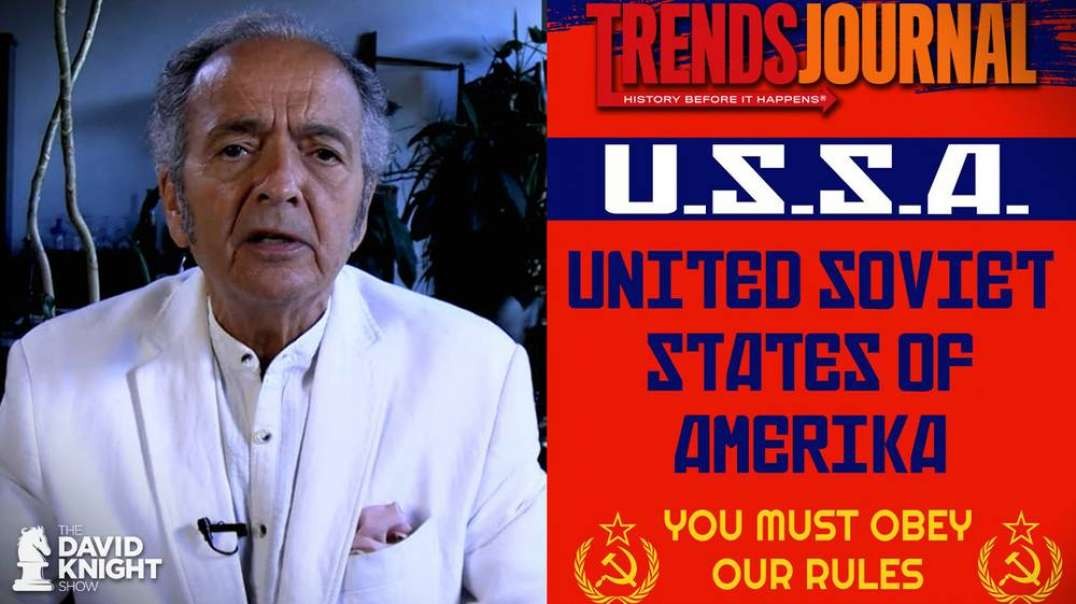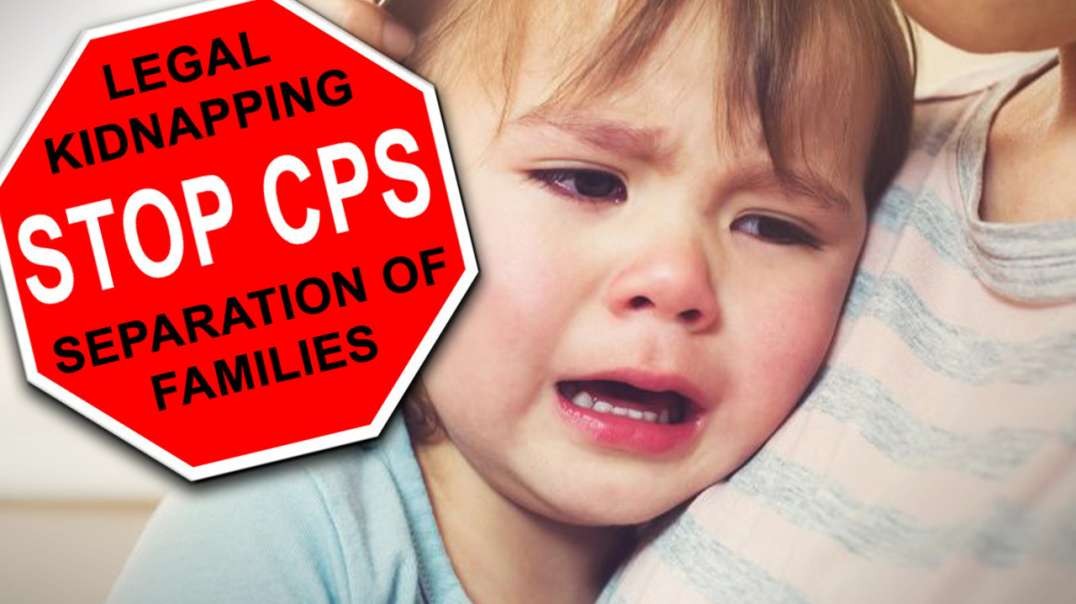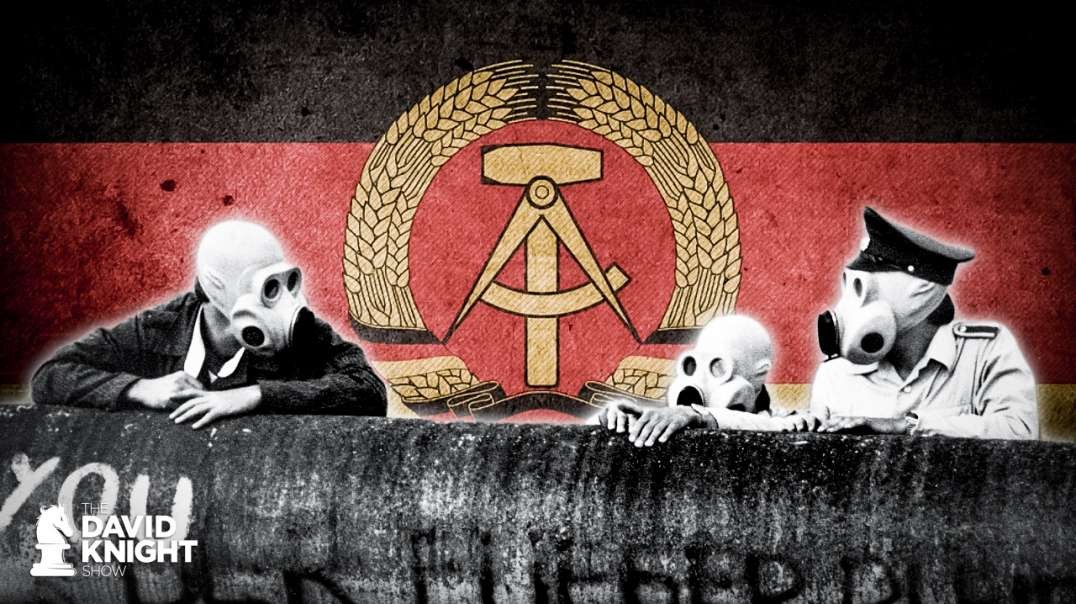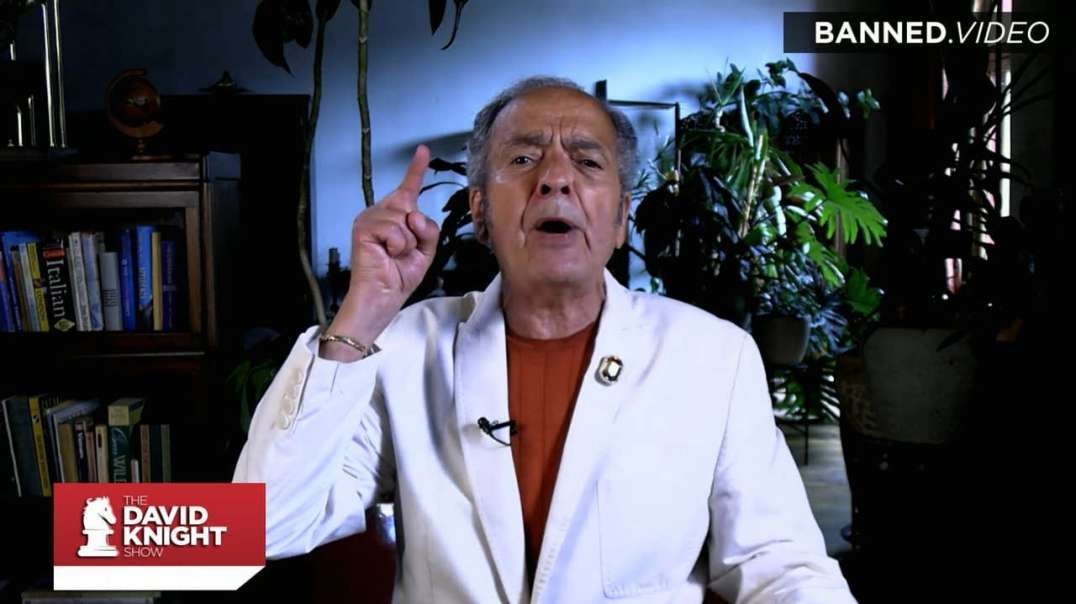12# Vayechi: (THE FULLNESS OF THE GENTILES: THE ‘ADOPTION PROCESS OF THE MIDDLE EAST) (1-2-21)
12# Vayechi: (THE FULLNESS OF THE GENTILES: ‘A TERM FOUND IN THE ‘ADOPTION PROCESS OF THE MIDDLE EAST’)- (1-2-21)
**(THE BLESSING OF ADOPTION: ‘FRUITFULNESS’ and ‘FOREGETFULNESS’! WAIT A MINUTE DAD, ‘WHAT KIND OF BLESSING IS THAT’?)**
(JACOB’S LAST WILL AND TESTAMENT)
The most famous section of This Weeks Torah Portion (VAYECHI – ‘MEANING: AND HE LIVED’), is found in chapters 48 and 49 that contain the blessing of the twelve sons of Jacob. In reality, these are prophesies, as well as blessings. In addition, however, their importance also lies in the fact that they really constituted Jacob's last will and testament.
In Genesis 48, The Torah Portion tells that Jacob (ISRAEL) is dying. Joseph and his two sons have come to say their goodbye. The rest of Joseph's brothers are present as well. The sons of Jacob are all old men, with gray hair and beards themselves. Benjamin, the youngest, is around 40 years old. Reuben is probably closer to 60 years old. They are grandfathers and even great-grandfathers. Together, they all gather outside of the tent, waiting to be called. They hope to receive their father's blessing as he departs from this world, even as he received the blessing from his father Isaac, who in turn received it from his father Abraham.
The passing on of the blessing is an important moment. It is that for which Jacob strove with Esau. It is for the sake of the blessing that Joseph came to be separated from his brothers 39 years ago.
The passage tells us that Jacob calls Joseph into the tent. Joseph finds his father on his death bed surrounded by the other sons of Israel. The many years of hardship and heartbreak have worn on Jacob. He looks frail and thin as he lifts himself from his bed. But like Moses, his mind is as sharp and quick as ever. He immediately begins to say the words he has been rehearsing in his mind. He says to Joseph:..
(Genesis 48:3-5)
‘God Almighty appeared to me at Luz in the land of Canaan and blessed me, and He said to me, "Behold, I will make you fruitful and numerous, and I will make you a company of peoples, and will give this land to your descendants after you for an everlasting possession." Now your two sons, who were born to you in the land of Egypt before I came to you in Egypt, are mine; Ephraim and Manasseh shall he mine, as Reuben and Simeon are.
(THE ETERNAL BLESSING: ‘MAY GOD MAKE YOU LIKE EPHRAIM AND MANASSEH!)
In Genesis 48:8-12 The Passage tells, that Ephraim (MEANING: ‘FRUITFULNESS’) and Manasseh (MEANING: ‘FORGETFULNESS’), enter the tent of their grandfather. They are young men, already in their early 20's. As they stand before the old patriarch and their father Joseph, they fidget and shift their weight from foot to foot. They probably looked more like Egyptians (GENTILES) than they looked like Hebrews (JEWS). Their mother was the daughter of an Egyptian (gentile) priest. They were probably dressed in the garments of the Egyptian court, their hair shaved in the Egyptian style. It is hardly any wonder that Jacob, with his failing eyes, asks, "Who are these?"
(JACOB'S BLESSING IS IN THE FORM OF A 'CROSS')
When the time comes for the patriarchal blessing, Jacob does something odd, but oddly familiar. He places his right hand on Ephraim, even though Manasseh is the older. Joseph assumes his elderly father is confused, but Jacob assures Joseph he knows exactly what he's doing – prophesying that the younger will have greater stature than the older. This 4,000 year-old blessing is prayed by Jewish parents over their sons to this very day:
May God make you like Ephraim and Manasseh
‘Who Are These Two Sons’? Well, that becomes the focus of this Weeks Torah Portion Teaching Video! ‘WHO ARE THEY AND WHAT DO THEY MEAN TO YOU AND ME?'

 INFOWARS
INFOWARS 


















